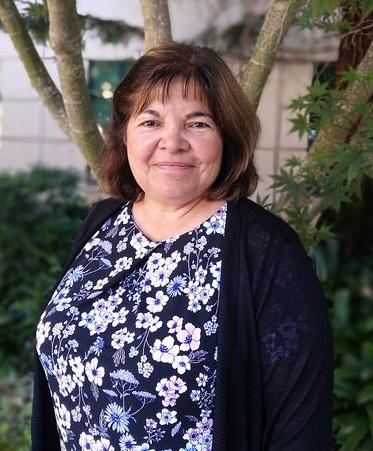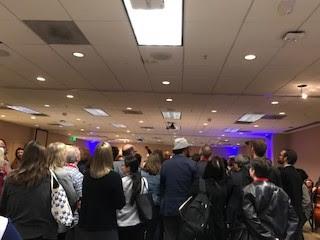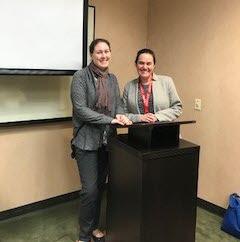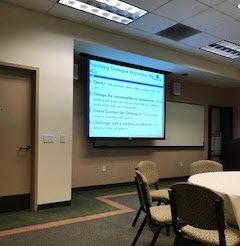Race and Community Engagement
Being a woman of color in the workplace can bring certain challenges and frustrations. So recently, when I was at a workshop at a conference for community engagement professionals and university faculty, I wondered how the facilitators would address the overflow of people standing in the back of the room. My question was immediately answered. After the moderators introduced themselves and talked briefly about their roles at their perspective universities, they announced that they would be separating the attendees in the room. They asked the people of color to remain seated and the non people of color to rise and go into the room next door.
At first, I was taken aback. It’s unheard of; people of color are the ones that are always asked to accommodate, not the other way around, at least that has always been my experience. As I compared my thoughts to the remaining people in the room (the room was still full), I realized very quickly I was not alone. We all felt the same way.
The official title of the workshop was: Race and Community Engagement: Building Our Capacity to Listen, Reflect, Discuss and Act. This workshop was hosted by a couple of representatives from the University of San Diego and the University of San Francisco. It was part of the Continuums of Service Campus Compact Conference at the University of San Diego. This was a three-day conference filled with valuable information in regards to service-learning and community and civic engagement. Since both community engagement and diversity & social justice are Core Values in SSU’s Strategic Plan, I knew I wanted to attend a diversity workshop at the conference. There were a few other workshops on diversity and equity but I thought I would try this one to see if it had anything different to offer. It did more than offer something different; it actually blew me away.
Due to confidentiality, I can’t provide pictures or share what was discussed among the people of color in the workshop. But I can share my own feelings. At first, I wondered if separating us was a good idea. Would separating us help to build our capacity to listen to one another? I had always believed that until we come together to address this issue; we would never fully come to terms with the truth separately.
Still, I was stunned by the moderators asking non-people of color to get up and go into the next room. So, here’s the thing, some people talk a lot about how unfair it is for them to have be to “politically correct” when they speak in class or in a group setting. On the contrary, people of color have to hold their tongues all the time and are rarely allowed to express their true feelings about how they are treated. In this setting, where we were deliberately separated we had an opportunity to speak our minds and with our hearts about how much energy is takes to “go along, to get along”; and how hurtful it really is. It was healing as well as freeing for me. That is probably why I was so blown away. It’s not that I believe we need to tackle racism by looking at it separately. I don’t; I believe we do have to look at it together and be ready to hear things we don’t want to hear and perhaps be uncomfortable while doing it. This workshop, however, was just a moment to think about race in the context of community engagement a bit deeper.
How does racism personally affect us and our work as we try to address issues for low-income people and people who continue to be marginalized because of the color of their skin? As community engagement professionals, how do we work with our partners in the community and faculty on campus, who more often than not are not people of color? How do you work with people who consider themselves free from racism but don’t apply that to all aspects of their work; and worst of all, don’t even realize how hurtful they can be to their colleagues? Having some time to reflect on those questions was validating if only for a short time; and doing it with people who have the same experiences was affirming.
Interestingly, in preparation for writing this blog post, I discussed my experience with my supervisor. Merith, who identifies as white, explained that she participated in the same workshop a few years ago. She remembers being separated from the people of color, but doesn’t remember the mechanics of this happening. “I assume I was asked to move to a different room, but I don’t remember that and certainly didn’t feel as though I was accommodating the people of color or giving anything up in doing so. That’s how powerful my privilege is. It’s so rare that I accomodate people of color, that when I was asked to, I didn’t even notice it. An experience that was so important and impactful to Caroline didn’t even register for me. My privilege is just blinding.”
Obviously, racism can’t be solved in a workshop or anytime soon. Having an awareness of what is happening as we try to make the work better and more meaningful for those who will be leading in the future is important for CE professionals; so that they don’t burn out or become disillusioned. Suffice to say, we will continue to work through this area knowing that we are not alone but that the work itself will help to educate and hopefully move people to really begin to listen to one another.

Author: Caroline Bañuelos







